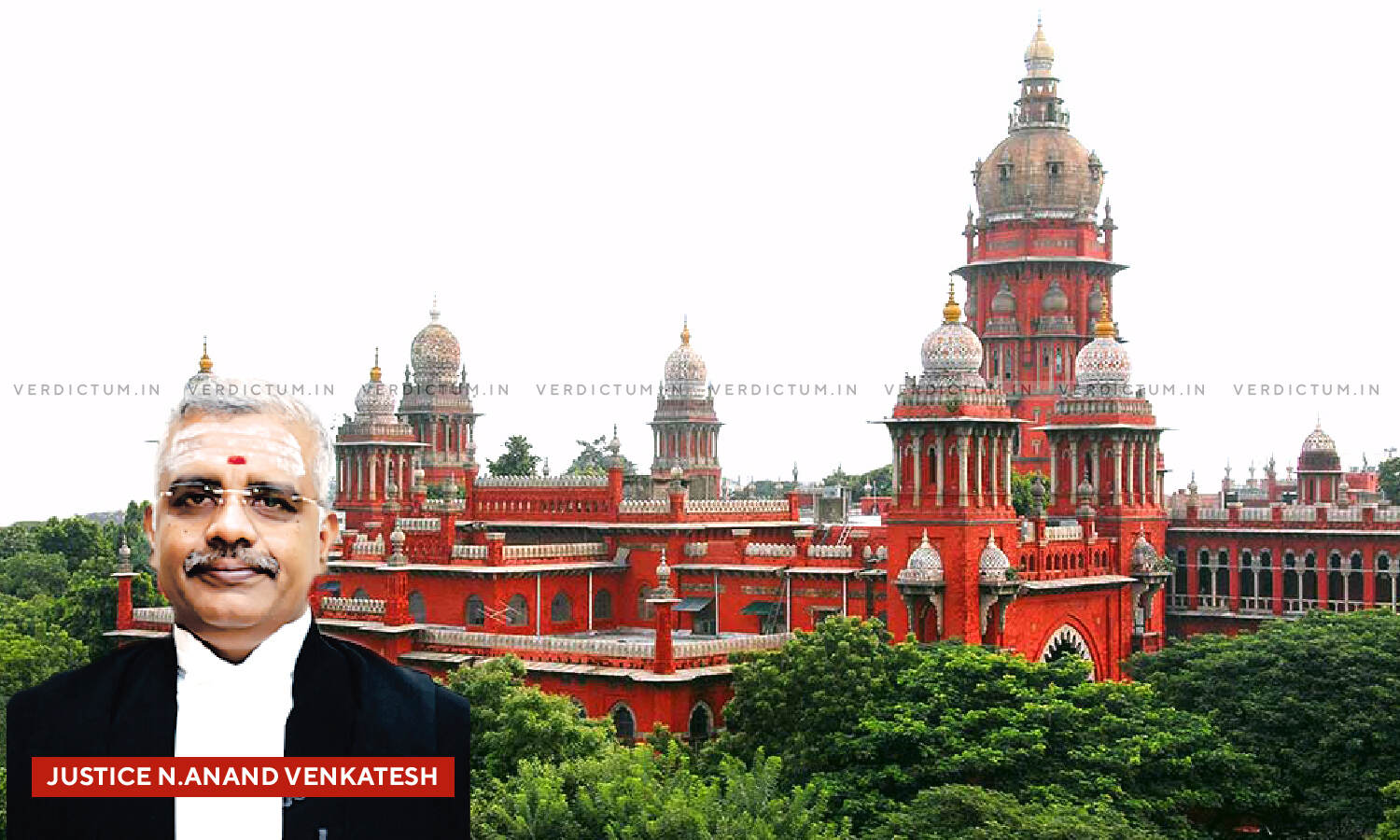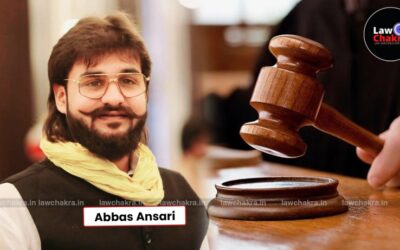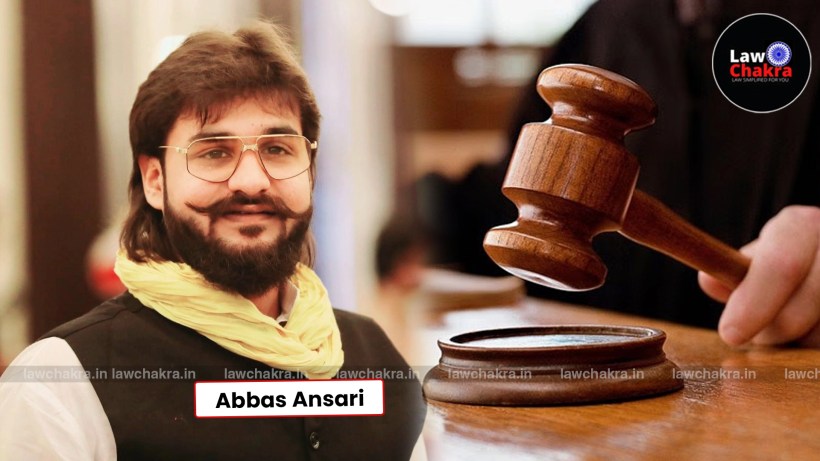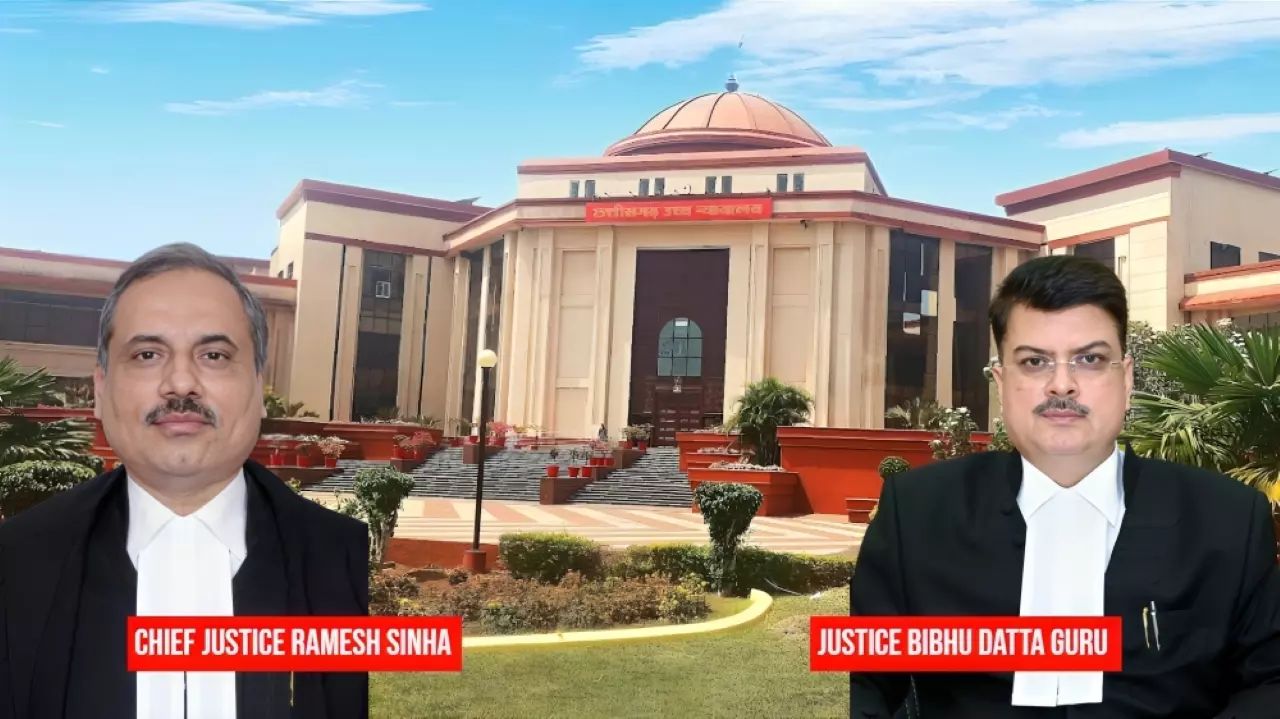No Other Person Can Maintain Application U/S 23(1) Senior Citizens Act Except A Transferor: Madras High Court

The Madras High Court held that no other person can maintain an Application under Section 23(1) of the Maintenance and Welfare of Parents and Senior Citizens Act, 2007, except a transferor.
The Court held thus in a Writ Petition filed by a man challenging the proceedings of the Sub-Collector-cum-First Class Executive Magistrate, Kallakurichi, cancelling the Settlement Deed of 1997 executed in his favour by his father and seeking a direction to the Sub-Registrar to delete the entry pertaining to such cancellation.
A Single Bench of Justice N. Anand Venkatesh observed, “As per the scheme of the Act, it is only a senior citizen, who can submit an application and such a senior citizen must be the transferor of the property through a gift, settlement, etc. Hence, except a transferor, no other person can maintain an application under Section 23(1) of the Act before the Authority concerned. As a consequence, the application submitted by the mother of the petitioner is not maintainable and the second respondent ought not to have entertained the said application and passed orders.”
The Bench said that love and affection is not an aspect touching upon the consideration involved in the settlement deed and that it is, at best, a motive for the settlor to gift/settle the properties.
Advocate V. Srimathi appeared for the Petitioner while Additional Government Pleader (AGP) G. Velu appeared for the Respondents.
Facts of the Case
The Petitioner’s father had executed a Settlement Deed in 1997 in his favour in respect of certain properties containing various survey numbers and the same was registered by the Sub-Registrar. Later, his father passed away and thereafter, his mother approached the Sub-Collector-cum-First Class Executive Magistrate in terms of the Senior Citizens Act, seeking cancellation of the said deed on the ground that she was not being taken care by the Petitioner.
The Sub-Collector allowed her Application and being aggrieved by this, the Petitioner filed an Appeal before the District Magistrate-cum-District Collector (Appellate Tribunal under the Senior Citizens Act). However, the Petitioner’s mother died in 2019. The Appeal filed by the Petitioner became infructuous and the impugned proceedings were under challenge in the Writ Petition before the High Court.
Reasoning
The High Court in view of the facts and circumstances of the case, remarked, “The obligation to care for the aged and elderly was once seen as a moral duty. The traditional joint family systems that once bore sway provided institutional support to maintain its members from the eldest to the youngest. With the collapse of the traditional joint family systems and the emergence of nuclear families, the elderly have suddenly found themselves without support.”
The Court emphasised that in matters of judicial adjudication, it is perhaps better to avoid use of extreme expressions, which may be more appropriate for use among combatants engaged in nuclear warfare.
“Courts are not war zones. They are solemn places where Judges decide cases in a sober and calm atmosphere of detachment and objectivity. Judges are not combatants or adversaries at war when they decide cases or even differ with their colleagues. Judges may legitimately differ on matters of law or fact. It is a matter of perception as to how each of the Judges sees the facts of a case before him”, it added.
The Court further said that the doctrine of per incuriam is not a judicial weapon and it is a legal tool, which could be resorted to if the conflicting views permit reconciliation.
“It is not in dispute that the father of the petitioner had executed the said settlement deed dated 06.2.1997 in favour of the petitioner. On reading the recitals in the said settlement deed, it is seen that the properties have been settled in favour of the petitioner absolutely. It has also been stated in the said settlement deed that the said document would not be cancelled under any circumstances and that the possession of the properties involved was also handed over to the petitioner. The fact that the possession of the properties involved was handed over to the petitioner is supported by the patta that was issued in the name of the petitioner in patta No.831”, it noted.
The Court also enunciated that Section 23(1) of the Act deals with a situation where the transfer of property is accompanied by a specific condition to maintain and provide for the needs of a senior citizen and the same cannot be either implied or assumed.
“The upshot of the above discussions, both on facts and in law, would lead to the conclusion that the impugned proceedings is unsustainable”, it concluded.
Accordingly, the High Court allowed the Writ Petition and quashed the impugned proceedings.
Cause Title- Karuppan v. The District Magistrate-cum-District Collector & Ors. (Neutral Citation: 2025:MHC:1402)
Appearance:
Petitioner: Advocates V. Srimathi and Vishnu.
Respondents: AGP G. Velu





